People who are friends of marijuana know all about 420, or 4:20, or 4/20. It’s long been the code word for taking a moment to partake in a bit of cannabis.
So 4:20 can happen on any day at 4:20 PM or if you’re an early bird (or night owl) at 4:20 AM, but also on the day April 20.
You can use it in a sentence, as in: “Wow, it’s 420 already. I’m going to step outside.”
People who love cannabis are delighted to observe when our car gas points out that we have 420 miles until empty or when the Michigan Public Radio announcer says it’s 4:20, which they do nearly every afternoon between news stories and weather.
People who love weed will always spot 420 in a street address, phone number, or license plate and are happy for that magical combination.
420 is becoming a bit mainstream—this year Food Network recently announced actor and comic Ron Funches would host Chopped 420, a competition cooking show with cannabis added.

Knowing about 420 is a respectful nod to a community of people with a love of cannabis and also to the fact that we’ve had to keep our consumption under wraps for so long. We’re lucky that cannabis prohibition is over in Michigan, and adults can enjoy cannabis in its many forms.
So, rather than being a secret code, it’s a well-known high holiday, and cannabis fans and cannabis businesses everywhere are celebrating. But the story of 420 isn’t common knowledge, and if you’re celebrating a holiday, you need to know the backstory.
Where 420 Began
The history of the code word is clear; it began in California with five friends at San Rafael High School and the search for a plot of marijuana somewhere on the Point Reyes Peninsula. The friends, also known as the Waldos met after class each day at 4:20 to search for the weed, which was never found. They used 420 as their code word for marijuana, and the friends carried it through in conversations and correspondence. From that group of five high schoolers, the code of 420 spread across marijuana culture and has been part of our language since the 1970s.
Communities around the globe celebrate 420—Denver has a big event each year, as does San Francisco, Seattle, Amsterdam, and multiple locations in Canada. With COVID-19, celebrations are likely to be scaled back or canceled—and passing joints, that’s history too.
Are There Other Cannabis Codes That Need Breaking?
Let’s start with a glossary of a few cannabis words that you might hear in a provisioning center or from a pothead* friend.
Blazed—this describes a pleasant cannabis high.
Blitzed—word to describe being very high, more so than blazed.
Bubbler—also a bong. Uses water to cool the smoke from burning cannabis.
Cannabis—also marijuana, nug, flower, bud, MJ, Mary Jane, ganja, herb, hippie lettuce, jazz cabbage, reefer, dank and the good—as in the good stuff.
Cannavore—people who prefer edible cannabis over smoking, vaping, or dabbing.
Cone—if you can’t roll a joint, you can stuff some flower into a pre-made cone and consume it that way. Pre-rolls are made in cones.
Dab—consumption of a cannabis concentrate like shatter, budder, or wax.
Florist—a code name for a provisioning center. Some florists deliver!
Mids—describes mid-level cannabis. Not the best, not the worst, just average flower.
Joint—also doob or doobie, J or Jay, phattie, fattie, spliff, or a blunt.
Nail—it’s a device heated and used to consume a dab, which is a cannabis concentrate.
Wake and Bake—when you get up in the morning and consume some cannabis.
*Pothead—is a term of endearment that describes someone who loves cannabis. It’s like being a Deadhead or Parrothead or Gearhead. It’s preferred over stoner.
Where is The Pot leaf Emoji?
If you search your emoji collection for a marijuana leaf, you’ll need to keep looking. Due to American federal prohibition and prohibition across the world, there is no leaf emoji, but some emojis are code for cannabis and cannabis use.
Try one of these in your next text.
A face with squinty eyes: 😆 or contentedly smiling 😌
A blazed smiley: 🥴
How you hold a joint: 👌
Substitute for a cannabis leaf: 🌿 or 🍃 or 🍁 or 🥦
This tree also works for a cannabis bud: 🌳
An edible: 🍫
A joint: 🚬
Bong or bubbler: ⚗️
👁 💚 🌿
So from 420 to emojis—we’re happy to provide the insight. And if you ever wondered anything about cannabis, just ask us. We’re happy to share all the secrets!
This blog was written by Canna Communication for our client, Agri-Med . It is with their permission we’re posting it here with some slight revisions.
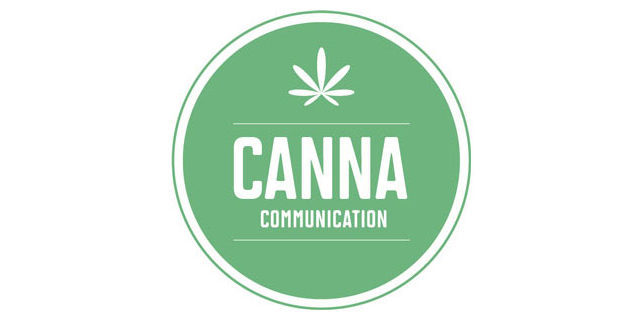
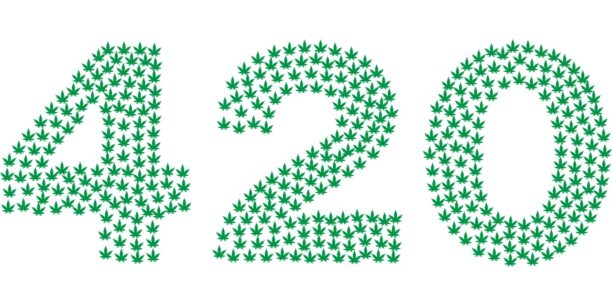

 It’s one thing to go state by state, or province by province, but for a whole country to end prohibition—that’s amazing. Canada is only the second nation in the world with legal cannabis. Keep in mind if you go travel to Canada bringing marijuana back to the US is highly illegal.
It’s one thing to go state by state, or province by province, but for a whole country to end prohibition—that’s amazing. Canada is only the second nation in the world with legal cannabis. Keep in mind if you go travel to Canada bringing marijuana back to the US is highly illegal. Finally, after almost seven decades of being illegal, hemp, the non-psychoactive brother to marijuana will be legal to grow and process across the US. This is excellent news for CBD-makers and farmers wanting to grow the plant for industrial purposes. It’s a versatile plant that can be used for paper, building houses and oil. The farm bill, which includes hemp was passed by the house and senate is now awaiting the President’s signature.
Finally, after almost seven decades of being illegal, hemp, the non-psychoactive brother to marijuana will be legal to grow and process across the US. This is excellent news for CBD-makers and farmers wanting to grow the plant for industrial purposes. It’s a versatile plant that can be used for paper, building houses and oil. The farm bill, which includes hemp was passed by the house and senate is now awaiting the President’s signature.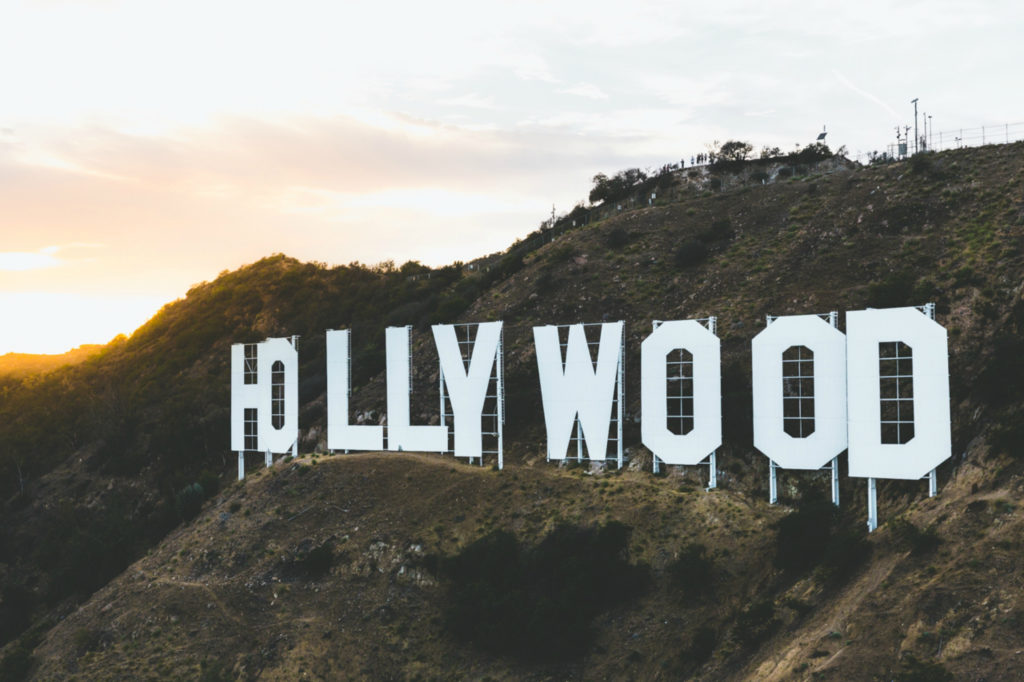 A little more than a year after Californians voted to legalize cannabis, the state opened its markets to adult-use cannabis on January 1, 2018.
A little more than a year after Californians voted to legalize cannabis, the state opened its markets to adult-use cannabis on January 1, 2018. 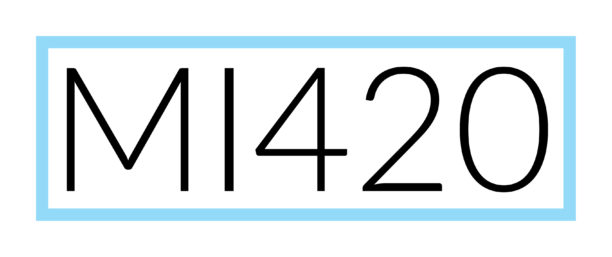
 Barcott is a Guggenheim Fellow in nonfiction and the author of the book,
Barcott is a Guggenheim Fellow in nonfiction and the author of the book, 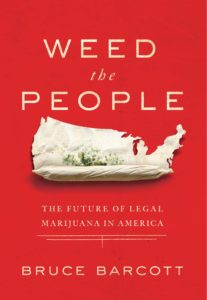

 Public Health Dr. Larry Wolk said this:
Public Health Dr. Larry Wolk said this: 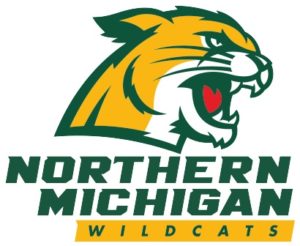 will be able to major in medicinal plant chemistry at NMU, which offers America’s only bachelor’s degree in cannabis program.
will be able to major in medicinal plant chemistry at NMU, which offers America’s only bachelor’s degree in cannabis program. test, transport or provision medical marijuana. Dispensaries were threatened with closure by a state board, politicians stepped up to keep them open, liquid capital rates were set, municipalities opted in or out, and application materials were created. The licensing portal opened on December 15 and now we wait to see who will be first to show off their piece of legal paperwork.
test, transport or provision medical marijuana. Dispensaries were threatened with closure by a state board, politicians stepped up to keep them open, liquid capital rates were set, municipalities opted in or out, and application materials were created. The licensing portal opened on December 15 and now we wait to see who will be first to show off their piece of legal paperwork.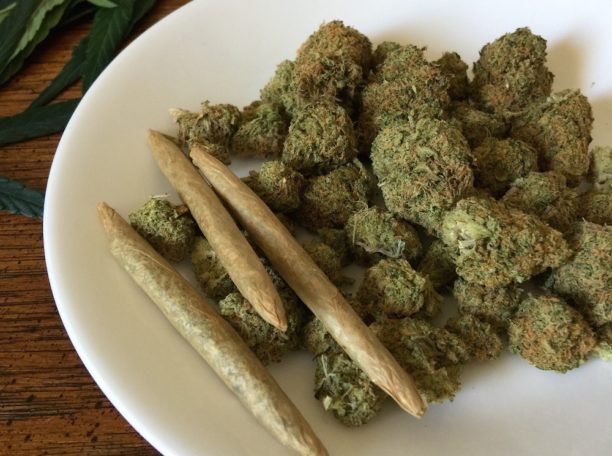
 little practice.
little practice. 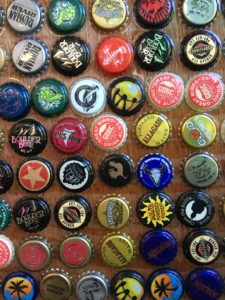 and brewers are vital to
and brewers are vital to 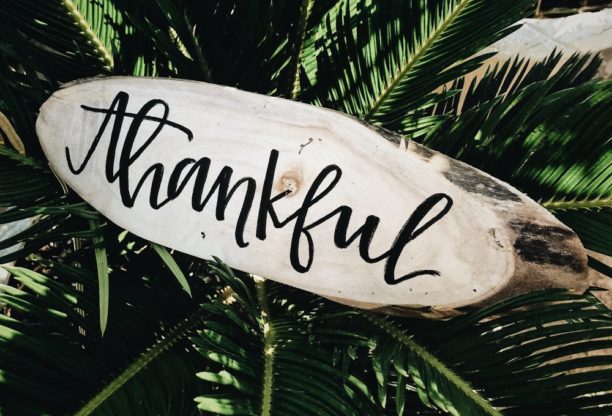
 Prime Minister made good on a campaign promise to legalize cannabis. The law takes effect in July 2018. We expect to see poutine sales to soar, too!
Prime Minister made good on a campaign promise to legalize cannabis. The law takes effect in July 2018. We expect to see poutine sales to soar, too!